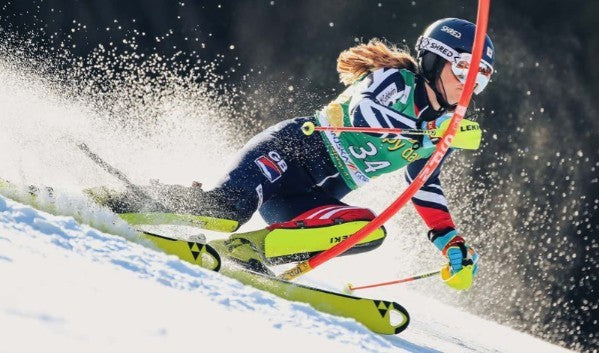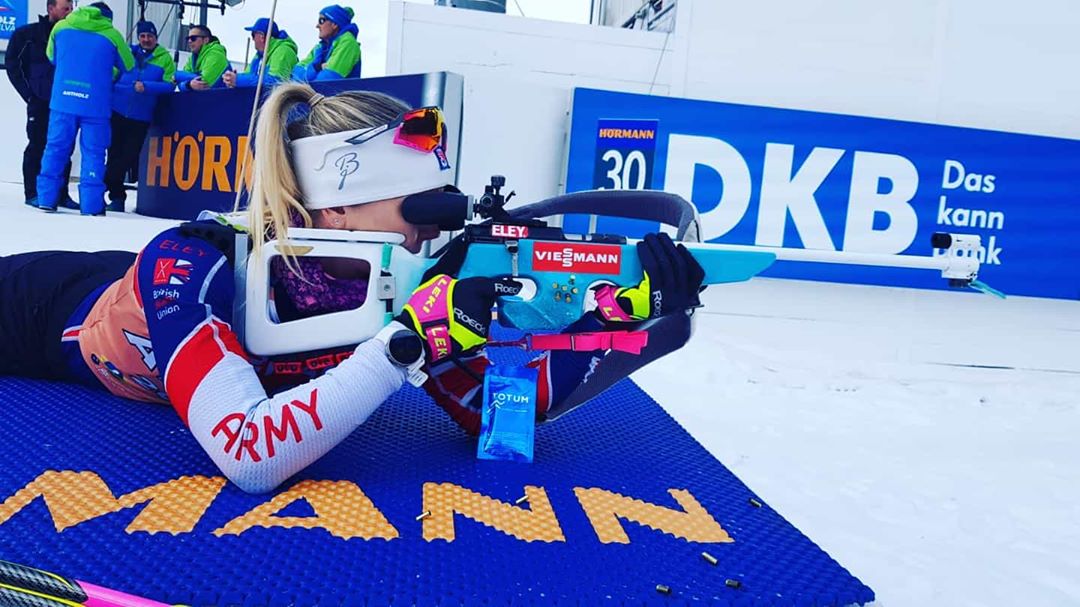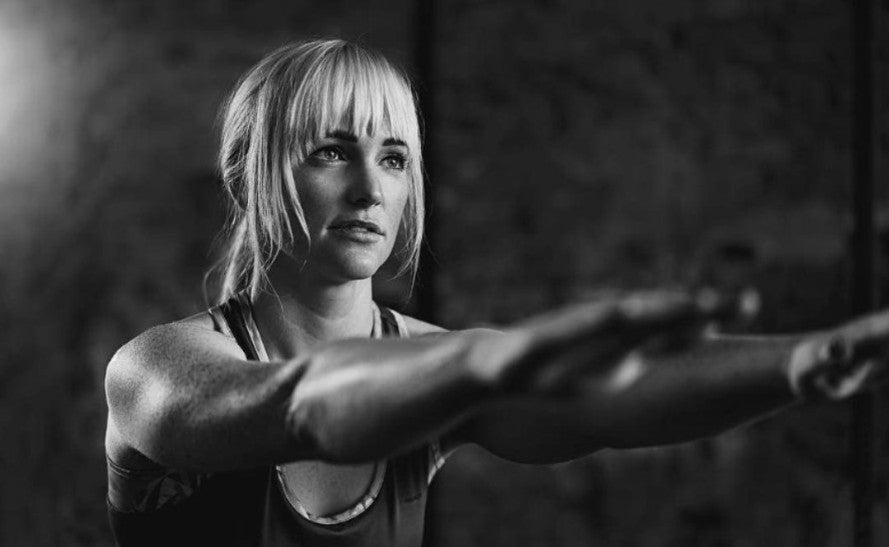“We have competitions and training all over the world, so being able to get recovery going whilst on the move is a massive advantage,” says Charlie. “NuroKor allows me to be recovering in the best way possible, between one mountain and the next!”
How did you get into skiing?
My grandparents lived in Nethy Bridge in the Scottish Highlands, to start with dad would push me up down a wee hill in the golf course there! As soon as I could carry my own skis and ride a T-Bar by myself, I joined the Scottish Ski Club race training group up at Cairngorm Mountain. Everything went from there really. When I was 11 I was awarded a Rannoch Bursary and headed out to France for the first time to get some training done. 15 years later, I am still racing and am hugely proud of my roots in the highlands!

Why do you love skiing?
It sounds a little cheesy, but skiing is more than just a sport, it is actually a way of life for me. Beyond the racing, it is something that connects so many people together from completely different backgrounds. I love racing due to my hugely competitive nature, and I get to be outside all day and hone a super cool skill. I also love the different paths that skiing can take you. I can go touring, backcountry skiing, I get to go to New Zealand every summer to train and of course I get to hang out with people who love skiing just as much as I do! I have made friends and skills for life thanks to skiing, and I look forward every year to the new opportunities that it brings.
What does your usual day look like?
On a skiing day, I’ll be getting up around 6.30am and heading straight out for a wee jog (something that I’ve done since I was 18 - to get my body awake, hungry for breakfast and acclimated to the cold before I head onto the mountain!). I’ll then get a short mobility session in and go through a physio warm up routine to get my back muscles ready for skiing. We will be on the mountain for up to 3 hours in the winter analysing every turn, looking for ways to be faster and understanding how our skis are working with the snow conditions and terrain – as this is a really variable sport and a huge part of training is learning to be versatile with new terrains.

Then onto lunch, most likely a nap and a recovery session in the gym which is mobility based - adding in some plyometrics, core work and strengthening to make sure that condition is maintained and we can train day after day. I will typically then get a couple of hours of uni work done and have dinner and head to bed. Days go past so quickly like this, but it seems to be a recipe for success!
What is your proudest moment?
I think my proudest moment has to be winning the Europa Cup finals 2019. I became the first British Woman to ever win and I had really come off the back of the hardest period of my entire life. Six months earlier, I had all but quit the sport and, mentally and physically was in a really terrible place. I got together with CHHP (a rehab centre in London) and an incredible team got me up and running and it was a day by day process of getting back into competing and learning to love it again. I could never have predicted that win and it made me super proud of the resilient athlete that I had been able to turn into.
If you weren't a sportsperson, what would you be?
I genuinely have no idea. I have just started my undergrad studying Psychology at the University of Aberdeen, however, I strongly believe it is my experience as an athlete that has led me down this path. I think that outdoors and sports would have always been a huge part of my life, but skiing has made me into the person that I am today, and I really can't imagine myself doing anything else!

What injuries have you had and how did/ do they affect you?
Injuries have been a huge part of my career and have shaped me into the athlete that I am today. In 2014, I broke four vertebrae during a training crash in Sweden. It is an injury that will be with me for the rest of my life, but it has taught me to manage my body and over time I have become really tuned into the recovery that I need. For the last six years, it has definitely made my career really difficult as I haven’t made it through a whole season without having to take time out of training or competing but it has turned me into a smarter and far more resilient athlete.
How does NuroKor help you manage your recovery?
I love using NuroKor on the move, some days we just don’t have time to fit in a recovery session in the gym, so using the device on my legs helps me get fresh for the next day. On days when I have some pain in my back, I like to use the pain management to help get everything feeling normal again - so I have the confidence to take on the mountain.

Where do you use it?
My favourite two uses for NuroKor are on my upper back. It tends to get really tight through skiing, so the device helps alongside mobility to keep everything moving. My absolute favourite though is the KorShoe. I spend my days in ski boots and my feet and calves often get totally beaten up and neglected. I love using these in the car when I have long journeys!
What's next for you? Next big goal?
In terms of my career, the next major competition is the World Championships in Cortina 2021, so I would like to go in there and get into the mix of the top 20. In general, my goal for the Summer is to stay healthy, get in a good volume of training and hit the World Cup circuit next season with the goal of picking up points every race. Then, the Olympics 2022 is going to be huge; and Team GB, the Alpine team, will be going in stronger than ever! I am really excited to see what we can do in the team event.




